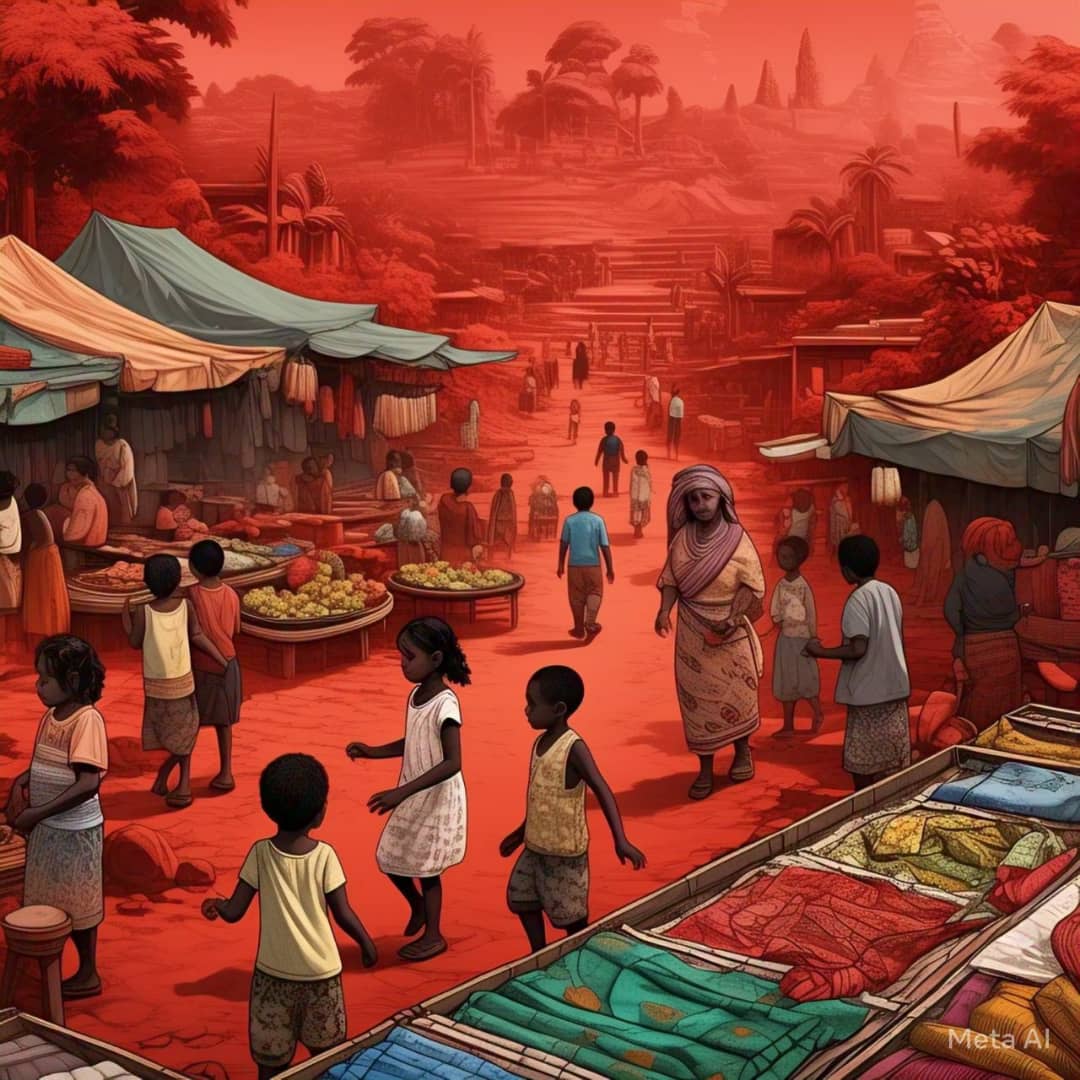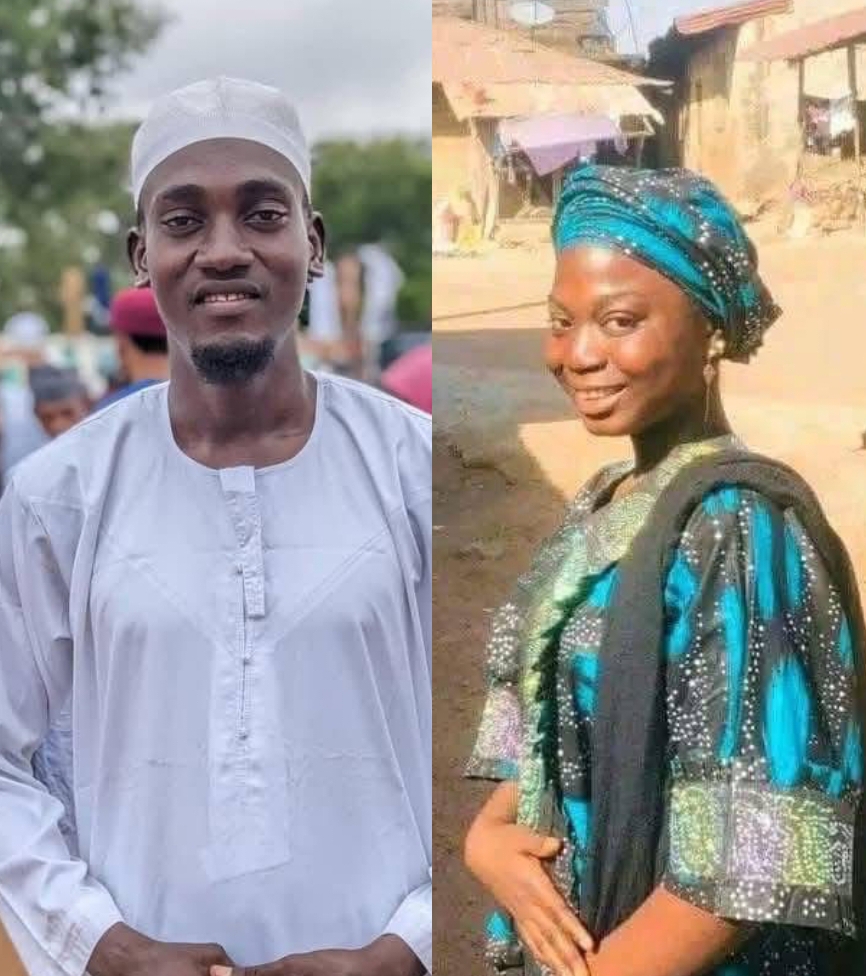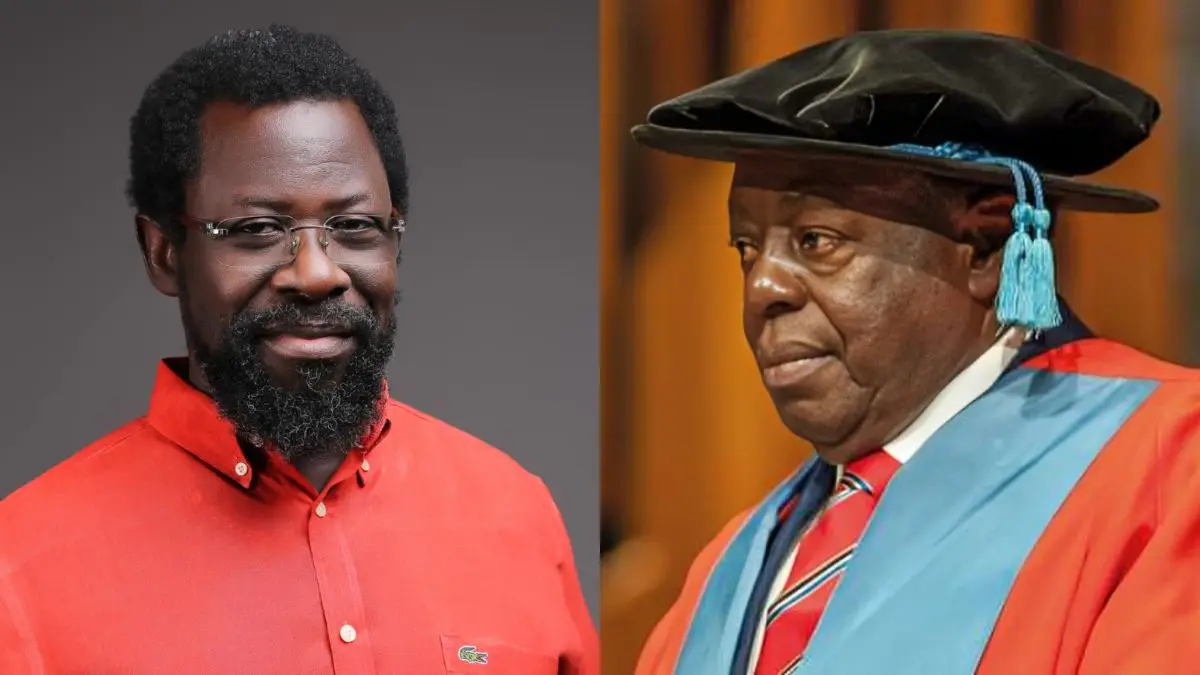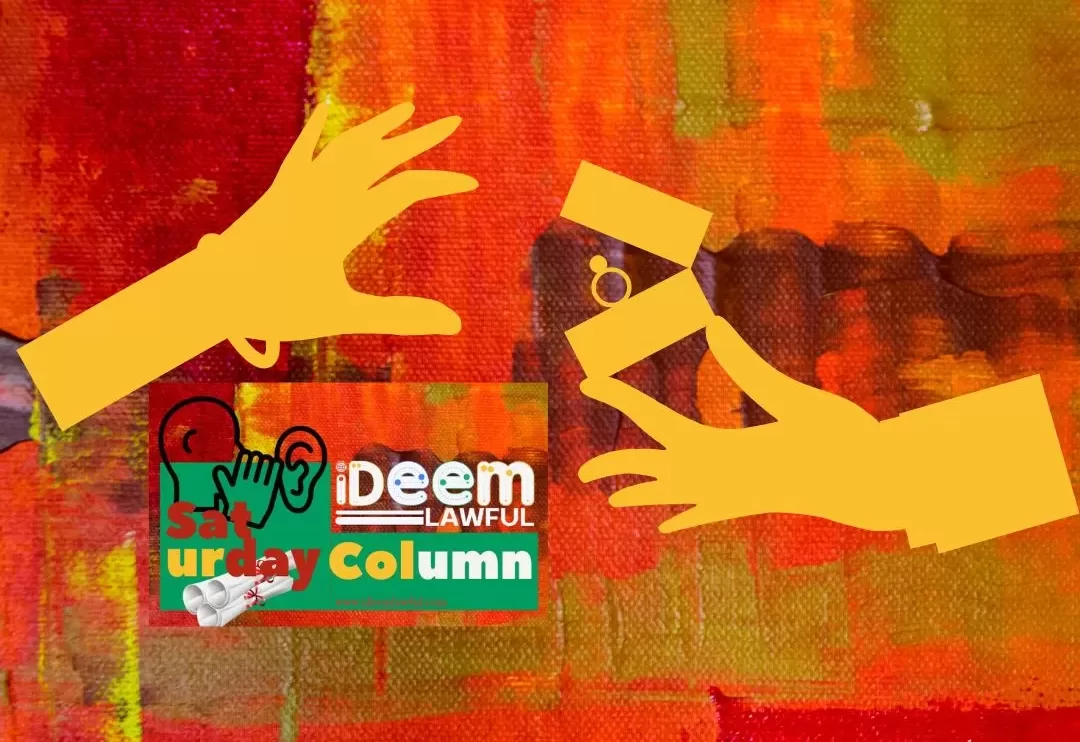Dear mother, Kogi
Yes, indeed, life is sometimes about not getting what you want. Life is full of disappointments, but sometimes these disappointments are so great that they warrant further scrutiny. Let me begin by thanking you for your past contributions and development of Kogi state. In the year 1991, 27 of August, you left us three children. Igala, Ebira, Okun. With twenty one houses for them to live and sustain them for living. Adavi, Ajaokuta, Ankpa, Bassa, Dekina, Ibaji, Idah, Igalamela-odolu, Ijumu, Kabba/Bunu, Koton Karfe, Lokoja, Mopa-Muro, Ofu, Ogori/magongo, Okehi, Okene, Olama boro, Omala, Yagba East, Yagba West. Nine houses was taken by your son Igala, which he used to build a strong kingdom known as ‘Igala’. Seven houses taken by your son Okun, which he used to build a kingdom as well, while five houses was taken by your son Ebira to build a kingdom. They all come together to form a state, which was name after you ‘Kogi state’.
Kogi a state popularly known as the confluence state, because of the confluence of River Niger and River Benue in her capital Lokoja, which is the first administrative capital of modern-day Nigeria. A state endowed with natural mineral resources and Agricultural products. Agriculture is the main stay of the economy. There are many farm produce from the state notably coffee, cocoa, palm oil, cashews, groundnuts maize, cassava, yam, melon. Mineral resources include coal, limestone, iron, petroleum and tin. The state is home to the largest iron and steel industry in Nigeria known as Ajaokuta steel company limited and one of the largest cement factories in Africa, the Obajana cement factory.
So many festivals exists in Kogi state. These include : Italo, Egba, Ibegwu, and Ogani among the Igalas. Apanigbe fishing in Mopa, Emidun new yam festival among the Okun people . Ovia Osese in Ogori-Magongo, Ekuechi etc, in the central (Ebira).
The people of Okun kingdom live in small social political unit with unfixed political boundaries that allowes social, cultural and commercial interaction. Okun settlements include: Mopa, Ogidi, Aiyetoro, Okedayo, Odo Ere, Ife, Egbe, Iyamoye, Odoape, Ekinrin-Adde, Kabba, Isanlu, Obajan, Agbaja, Iyara etc.
They practice Christianity, Islam and traditional African religion. Although, Okun practice the worship of Orisa like Sango and Ogun and consultation of Ifa(orlha). While the people of Igala believe in the supremacy of Ojo Ogbekwugbekwu (God Almighty). They also worship the deities of their ancestors with diligence. River gods and goddesses are celebrated among others during special festivals.
In addition, the Igala people also believe in the existence of Ilei(this world) and Oj’ona(the afterworld). The Oj’ona is the world of the ancestors and it is also believed that the Oj’ona is a continuation of ilei. The ruling figure of the Igala ethnic group is known as the ‘Attah’ the word Attah simply means ‘father ‘ and the full title of the ruler is ‘Attah Igala’, meaning, the father of Igalas (the Igala word for King is Onu). Attah Ayegba OMA Idoko and Attah Ameh Oboni are two of the most revered Attahs of the Igala kingdom.
Also, in Igala tradition, infants from some part of the kingdom like Ankpa receive three deep horizontal cuts on each side of the face; slightly above the corners of their mouths, as a way of identifying each other.
The Ebira people are Republican by nature, outspoken and very hard working. Farming and cloth-weaving are occupations for which the Ebiras are well known. The paramount ruler of the people is called Ohinoyi of Ebiraland. The Ebira cherish their traditional festivals in spite of the infiltration of some negative tendencies. Three of the most prominent ones are ‘Echance’, ‘Eche Ori’, and ‘Ekuechi’.
Since the creation of Kogi state named after you, the struggle for relevance has been a major characteristic of the politics of the state. The Igala struck hard from the beginning to break the gourd containing the political future and fortune of the state ONE of the most salient issues in kogi state politics today is the issue of power rotation or power shift, which has become so preeminent that it cannot be swept under carpet. Its echo has become almost reverberating every four years, thus becoming a ritual, when aggrieved ethnic groups agitate for power shift from Kogi East senatorial district, where it has reside since the beginning of the present a democratic dispensation. No doubt Kogi state, created in 1991, was politically built on three tripod of the major ethnic groups in the state: the Igalas, the Ebira and the Okuns. The Igalas, the largest ethnic group in Kogi state was at the helms of affairs of the confuence state from 1992 to January 2016.
Beyond the agitation for rotation among the senatorial zones, pundits say the Igalas are already rotating the governorship among its triangular zone of Ankpa, Idah and Dekina. Due to the love and understanding they share among themselves to be one family, which other ethnic group don’t have among themselves.
Against the backdrop of continued domination, marginalization, mistrust and distrust, the Ebiras had made frantic efforts to change the tide against the Igalas but alas, this could not get the much needed support from the Okuns. The attendant consequence of the move later set some Ebira politicians in the central senatorial district on war path, leading to the loss of several lives, property worth billions of naira destroyed, residential buildings raised down and many were forced into exile. Another joint attempt was made by the Okuns, who were ready to join hands with the Ebiras in the central district with a view to form a formidable force and common front to present one gubernatorial candidate.
This mission was led by professor Albert Anjorin and assisted by Dr. David Atteh, and host of other stakeholders, who met various interest groups in Okene and agreed to work together, but unfortunately the alliance did not work. The failure of that alliance might not be unconnected with individual ambition of some political office holders, particularly from the western senatorial district, who held the conviction that Alhaji Ibrahim Idris, would hand over power to the Okuns on a platter of gold in 2011. No fewer than 21 aspirants emerged and later became disillusioned as many were forced to withdraw, while some hurriedly joined hand with other aspirant to accept the Deputy Governorship position.
“1992 to 1993 Prince Audu, Igala, 1999 to 2003 Prince Audu, Igala, 2003 to 2011 Alhaji Ibrahim Idris, Igala, 2011 to 2015 Capt. Idris Wada, Igala, 2015 to date Yahaya Bello, Ebira”
Nevertheless, all the prophets sent by God to the people of Kogi state are from the Igalas, but not all of them was sent with a book of the masses: to provide social amenities and welfare for the people. The only person was no other but the late Prince Abubakar Audu. It’s good you know that in the history of Kogi state, we have never had a governor like him.
His administration is credited with several achievements, during his 1999-2003 tanure, the monthly allocation received by the state was between 300-400 million naira. During this period, his administration embarked on state-wide infrastructural development projects, including dualisation of roads and construction of new ones, one of the most significant of which was the Ganaja road which connected Kogi East to Kogi Central. Another major achievement of this tenure was the siting of a university in Anyigba, an area which before then, lacked necessary amenities and had no economic lifeline. His administration didn’t just build this university, however, he also went on to use his vast connections with the diplomatic community to set it on the path of being an institution of international standard.
The university was rated one of the best in the country at the time. Still concerned about education, he went on to establish a polytechnic in another part of the state. Primary and secondary schools were also not left out, as existing ones were renovated -in many cases, with additional classrooms provided -and new ones, built. Audu was a man who was clearly serious about transformation. Other high expenditure projects completed during his administration include the construction of 1500 housing units for civil servants in lokoja (kogi central), and 500 housing units each in two other hitherto underdeveloped communities. His administration also commissioned water and electrification projects across the state. Also took steps to woo prospective investors to harness the numerous solid mineral potentials in the state.
The big prize was the establishment of Obajana cement factory. The project, which was on going before he left office, attracted the support of the United State Government. During the visit of former president Bill Clinton to Nigeria, the state Government signed the agreement with the US Trade Development Agency (TDA) for a grant to finalize the feasibility work on the project. The cement project is now operational.
Honestly, Prince Audu was a charismatic and flamboyant leader who was never afraid of confronting authorities in his lifetime. For many years, he was the leader of opposition politics in Kogi State, sinking his resources into nurturing parties such as the National Republican Convention, the defunct APP, the defunct Action Congress of Nigeria, ACN and lately, the All progressive Congress. He Will be sorely missed by the political community in the confluence state. No other governor has been able to match his performance, it is so unfortunate and sadly, represents a bleak future for us. Despite the fact that, he was originally arraigned on an 80 criminal count charge of fraud and embezzlement of public fund to the tune of over N4 billion while he was governor of Kogi state between 1999 and 2003. And also some of the equipment that belongs to the Ebiras general hospital was taken to his people “Igala”.
Honestly speaking, the diminishing or tragic flow of Kogi state was the power exercise by then President Obansanjo muscled late Abubakar Audu in the Luggard house out for Ibrahim Idris by rigging the election. Ibrahim Idris’s administration has not initiated any project and completed it. The President has been going to other states to commission projects. But in the case of Kogi state, Audu started modern Lokoja stadium. Ibro couldn’t complete it. Some road built by Audu couldn’t maintain the road, like road that link up Lokoja with Ajaokuta. After the
Administration of Alhaji Ibrahim Idris, Capt Idris Ichala Wada was inflicted upon the innocent people of Kogi state. The Wada administration is dogged with loads of unpaid salaries, particularly at the local government level where teachers and council workers are forced to accept part payment of their salaries, leading to the popular sobriquet ‘Half Salary’, which many now call his administration.
Governor Wada’s refusal to reinstate the 21 sacked council chairmen in the state as ordered by an Abuja High Court is another issue that could negatively affect his chances at the poll. Their non-reinstatement no doubt led to the dumping of the party by 12 of the affected chairmen. Though he has the mind to exercise power rotation after his tenure in office, among other tribes which are the minority in the state.
Imran Ridwan Anuoluwapo, is a graduate of English literature from Usman Dan Fodio University, Sokoto. He is currently a student of law at the University of Maiduguri. His area of interest is Islamic personal law, constitutional law, oil and gas, commercial law, international law, corporate practice, and criminal law. His candid for mentorship and training. He is reachable vide/WhatsApp 08131077061 and imranridwan@gmail.com





















This is great reminder Mr Imran. We hope for the then anticipated Kogi state.
Very informative, qualitative and articulate. Good job sir